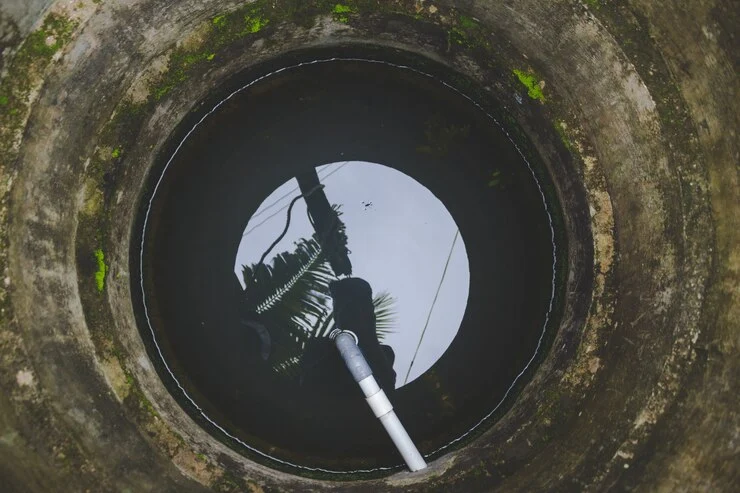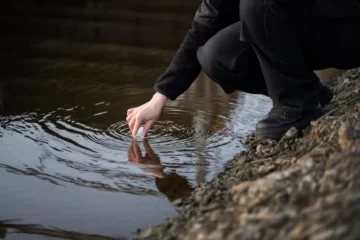Well water is drawn from underground aquifers. It has been a primary source of drinking water for centuries. Many people rely on well water for their daily needs, but the question is raised, Is it genuinely good for you?
In this article, we’ll explore the composition, benefits, potential concerns, and health considerations that are associated with well water. We will also compare it to municipal water sources, discuss maintenance, and address the environmental impact.
Is Well Water Good For You?
Whether well water is good for you depends on several factors, such as the location of the well, quality, or water need. In general, well water can be a safe and healthy source of drinking water if it is properly tested and maintained.
However, Well water is not pure in different areas. Some toxic substances can be present in well water, that can cause some diseases such as diarrhea, typhoid, hepatitis, gastroenteritis, giardiasis, and more.
Why Well Water is Good for You?
Well water can be considered good for you for several reasons, depending on the specific characteristics of the well and its water.
1. Natural Taste
Well water comes from underground aquifers, That’s why well water gives a crispy and refreshing taste.
2. Cost Effective
Well water is more cost-effective than monthly water bills because it can be easily obtained from underground. Owners only need to drill beneath the soil to access well water.
Keep in mind that well water is available in specific areas.
3. Absence of Chlorine
Usually well water doesn’t contain chlorine, which can change the taste of water.
Safety instruction to use Well Water
If you are using well water, then you should use the following instructions to maintain your health:
1. Tasting
I recommend testing your well water once a month. This testing includes checking for contaminants like bacteria (e.g., coliform and E. coli), nitrates, minerals (e.g., iron, manganese), and any other potential local contaminants based on your location. I recommend testing your water at least once a year.
2. Proper Filtration
Installing a water filtration system is important for your quality of well water. Filtration systems can help remove impurities, odors, and taste. Connect with water quality professionals to determine the best filtration system.
3. Maintain Your Well
Make sure that your well is properly maintained. If any part of the well is damaged, then I strongly recommend repairing it. Keep the area around the well clean.

Make sure that any type of fungus is not growing in this area.
4. Secure the Head of Well
You need to install a secure and vermin-proof well cap to prevent the entry of insects or other organisms into the well system.
5. Disinfect the System
After maintaining or repairing the well system, you should follow a proper disinfection procedure.
6. Boiling the Water
If the quality of the water is a concern, then you should boil the water before drinking it because boiling kills bacteria and germs. You should boil water for at least 2 minutes.

7. Safe Storage
Make sure that compartments or tanks of water storage are cleaned regularly. I recommend cleaning your water tank at least once a week.
8. Local Condition
Water quality varies in different environments. You should be aware that your environmental conditions can significantly affect water quality.
Conclusion
Is well water good for you? It can be, but it comes with certain responsibilities. If you’re considering using well water. So, you should follow proper construction, regular maintenance, and testing to safeguard your health. Well water’s natural advantages and potential health benefits make it an attractive option for many peoples.
FAQS
How can I test the quality of well water?
You should test well water in a certified laboratory to check for contaminants and ensure its safety.
Are there any health risks associated with drinking well water?
Yes, your health is at risk when drinking well water due to the addition of contamination in water.
Is well water suitable for all uses, including drinking and cooking?
Yes, properly filtrated well water is suitable for drinking or cooking.
What are the side effects of well water?
Well water can cause some diseases such as diarrhea, typhoid, hepatitis, gastroenteritis, giardiasis, and more. It’s due to the addition of contamination in water.
Can I switch from municipal water to well water?
Yes, you can switch to well water, but it’s essential to ensure the well is properly constructed and maintained.





